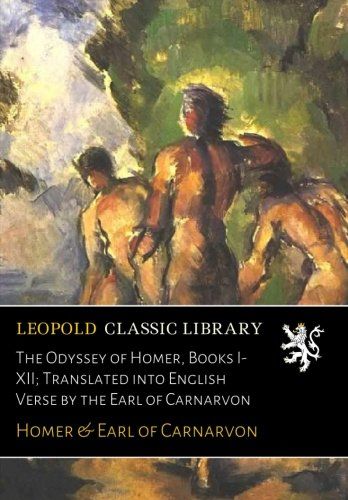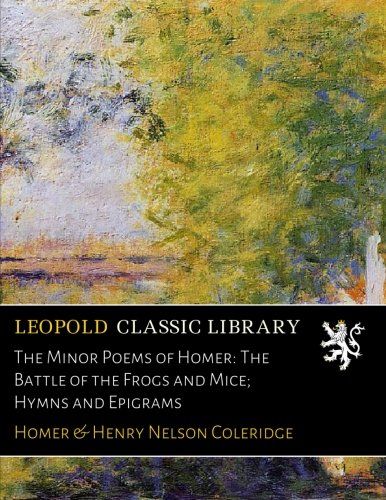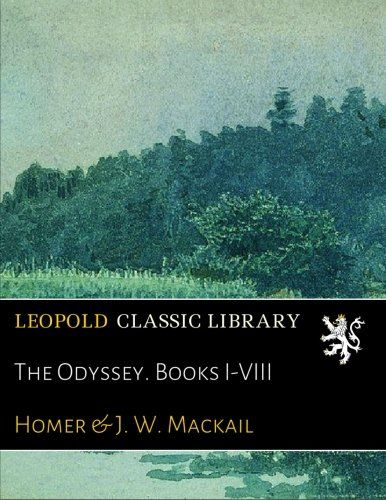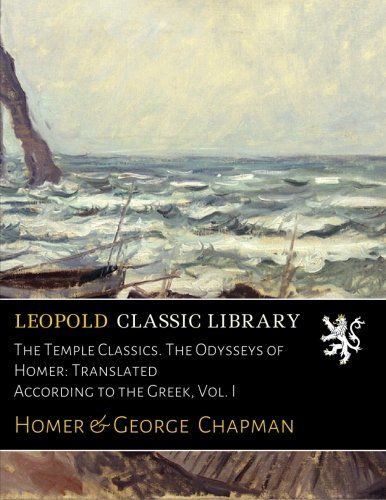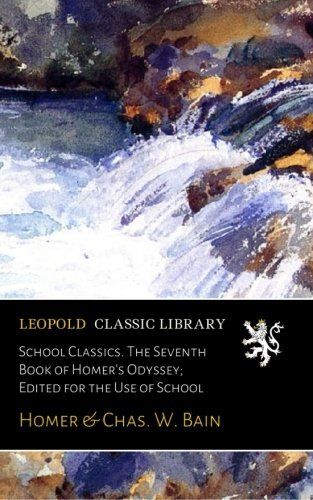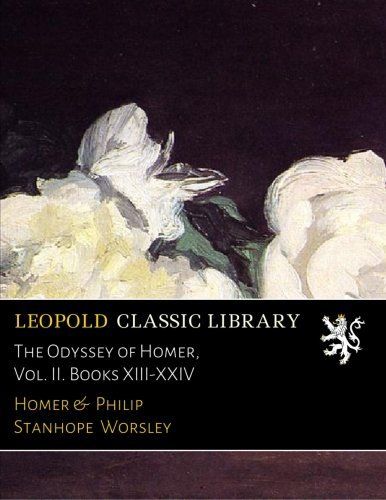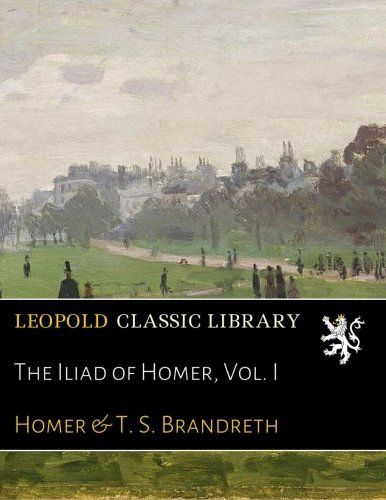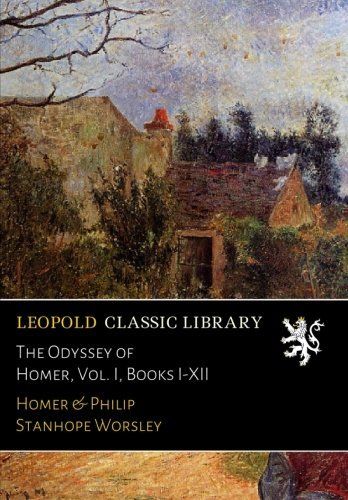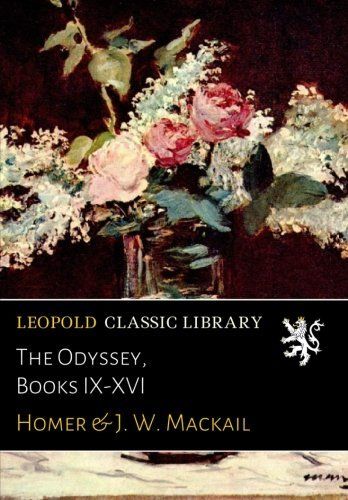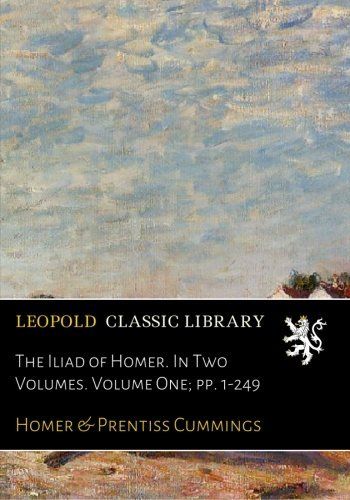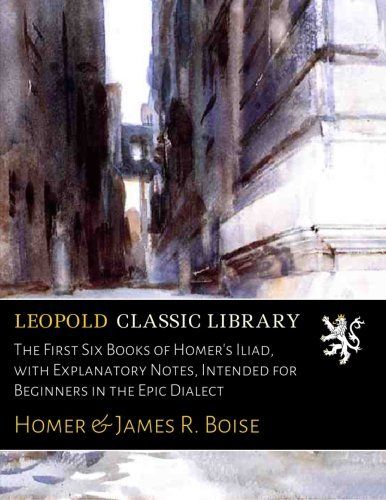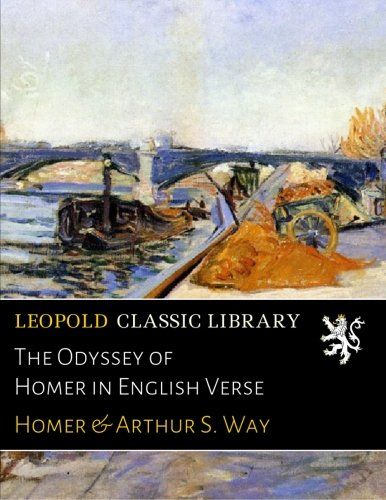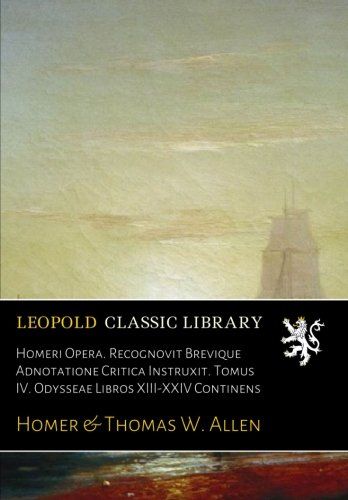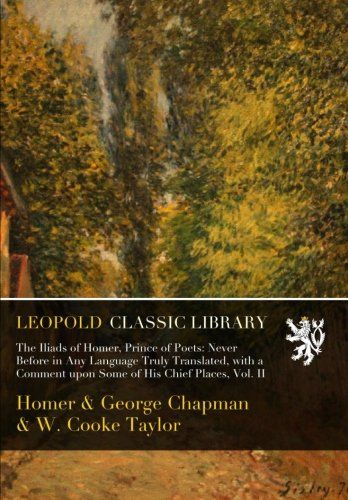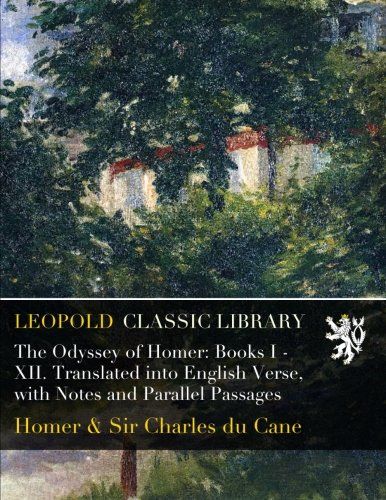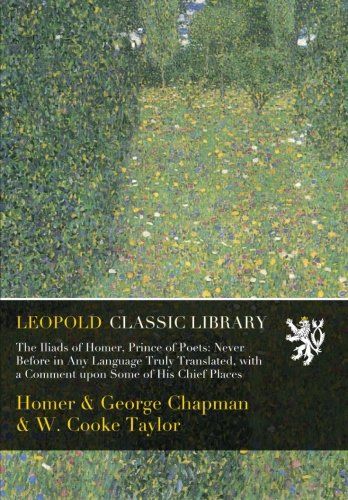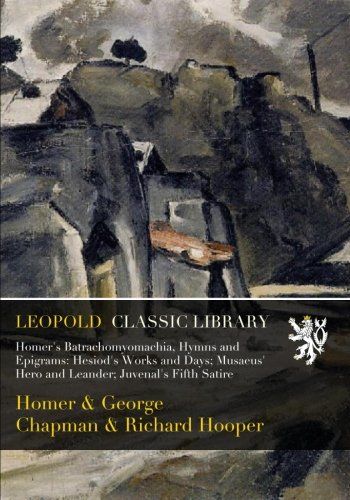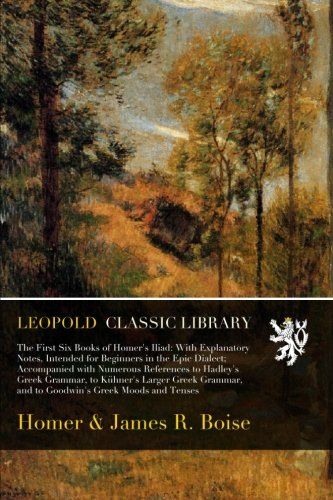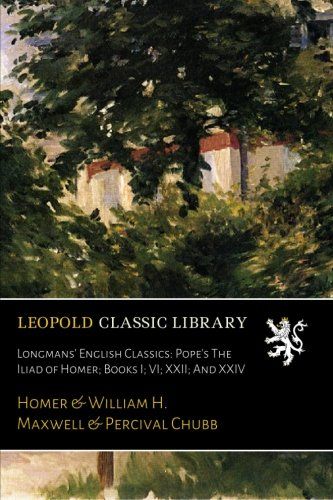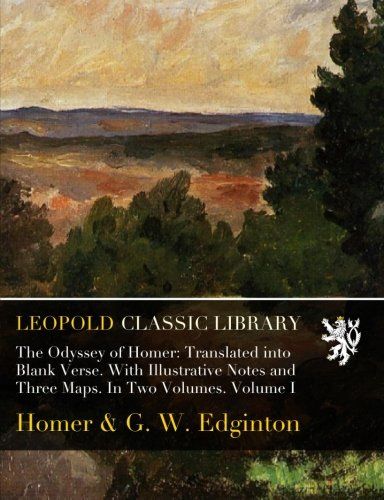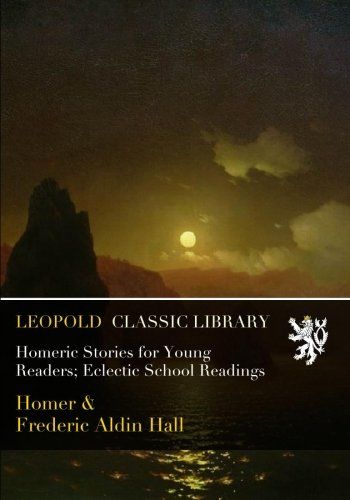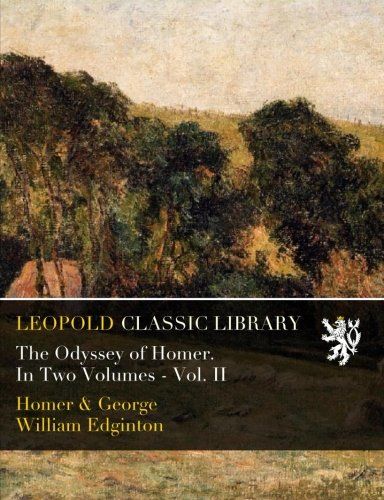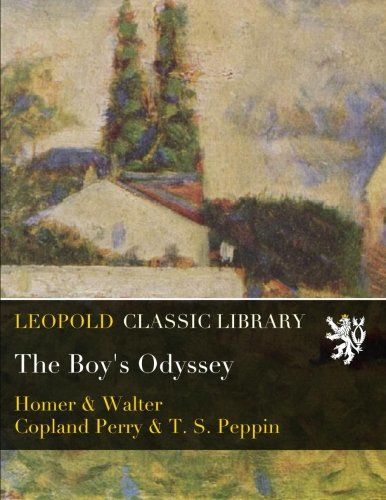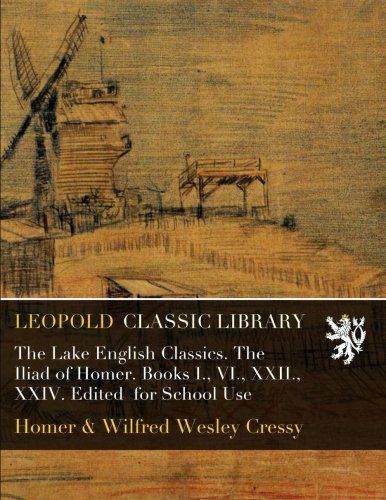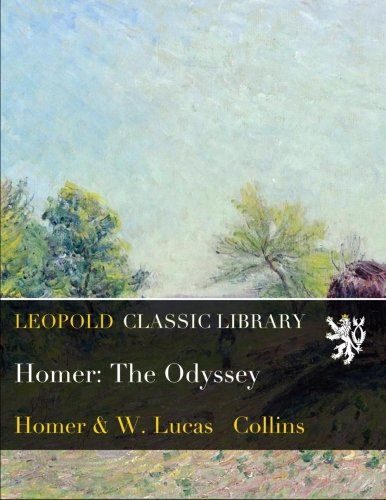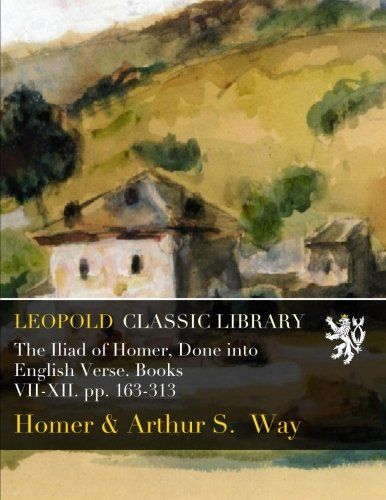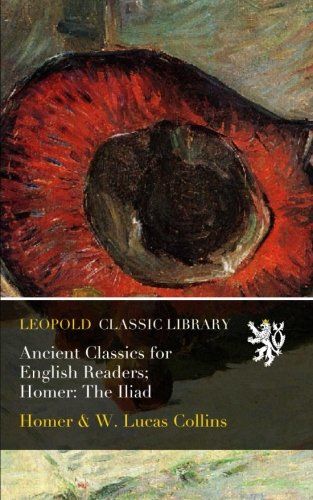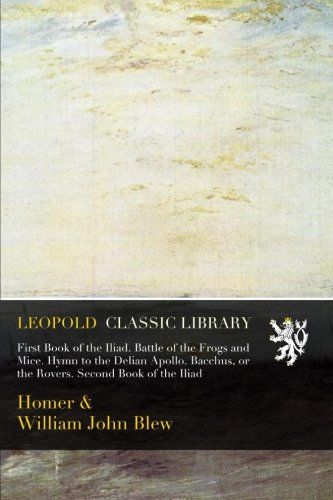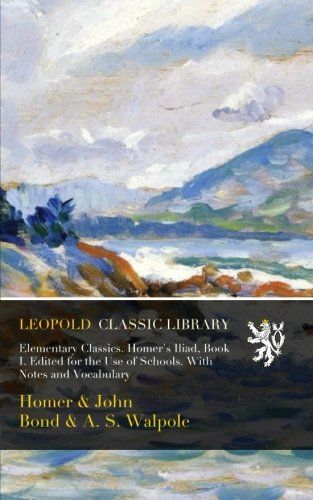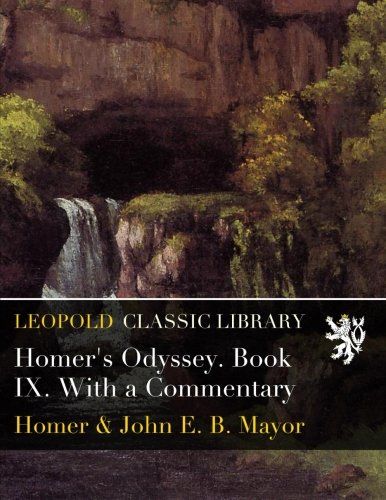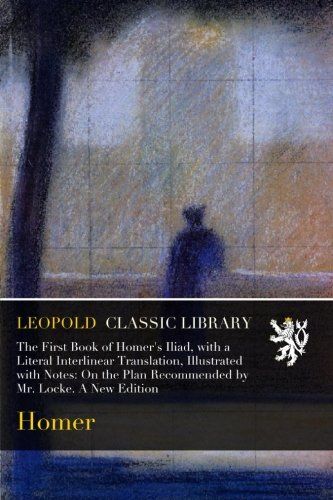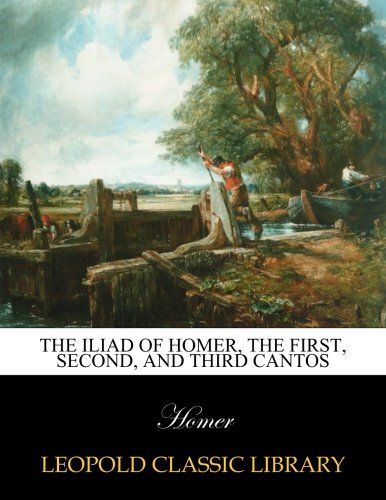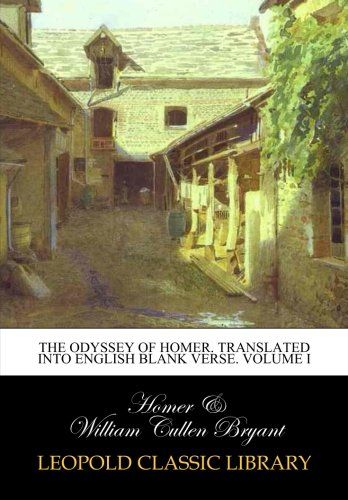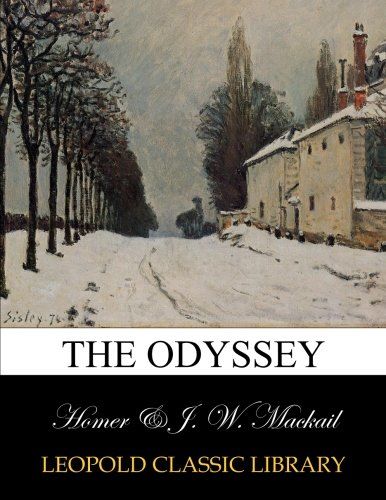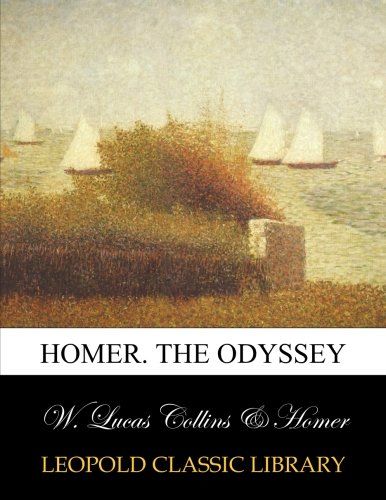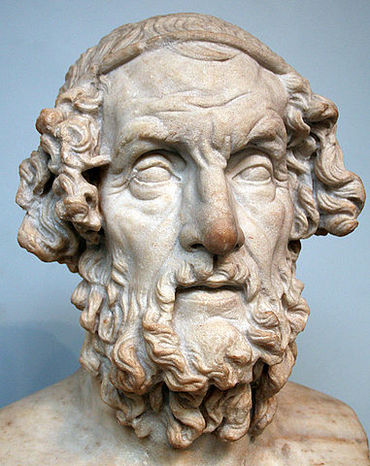
Homer .
Homer (Ancient Greek: Ὅμηρος [hómɛːros], Hómēros) is best known as the author of the Iliad and the Odyssey. He was believed by the ancient Greeks to have been the first and greatest of the epic poets. Author of the first known literature of Europe, he is central to the Western canon.
When he lived, as well as whether he lived at all, is unknown. Herodotus estimates that Homer lived no more than 400 years before his own time, which would place him at around 850 BCE or later. Pseudo-Herodotus estimates that he was born 622 years before Xerxes I placed a pontoon bridge over the Hellespont in 480 BCE, which would place him at 1102 BCE, 168 years after the fall of Troy in 1270 BCE. These two end points are 252 years apart, representative of the differences in dates given by the other sources.
The importance of Homer to the ancient Greeks is described in Plato's Republic, where he is referred to as the protos didaskalos, "first teacher", of tragedy, the hegemon paideias, "leader of learning", and the one who ten Hellada pepaideuken, "has taught Greece". Homer's works, which are about fifty percent speeches, provided models in persuasive speaking and writing that were emulated throughout the ancient and medieval Greek worlds. Fragments of Homer account for nearly half of all identifiable Greek literary papyrus finds in Egypt.
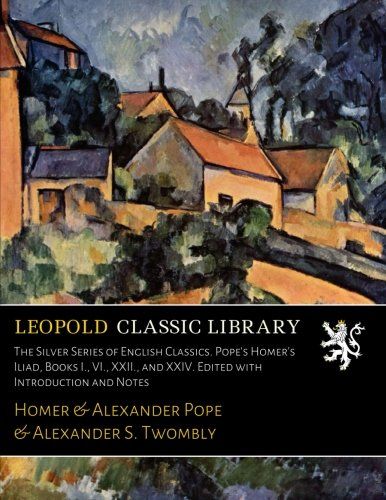
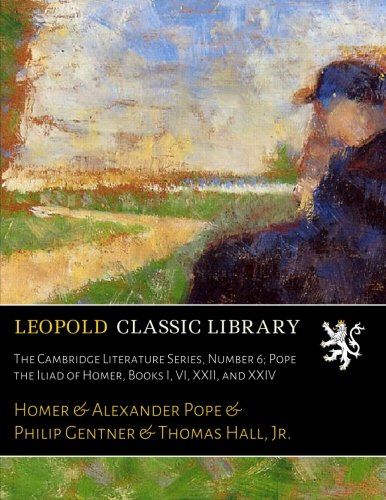
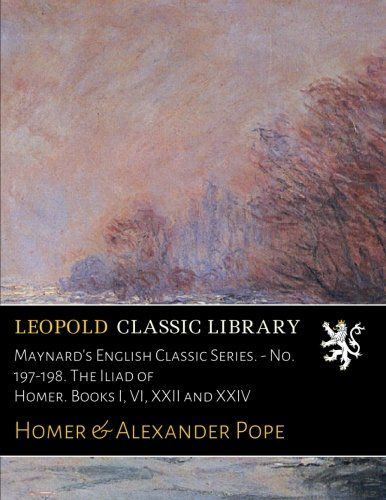
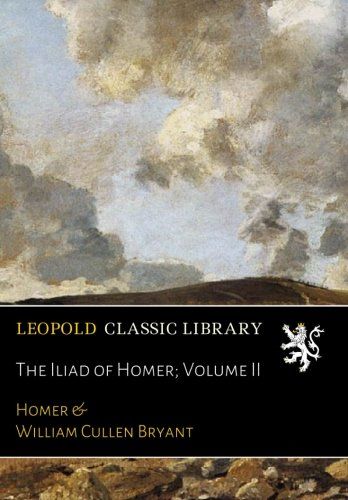
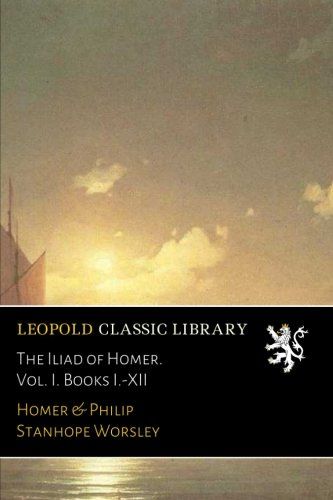
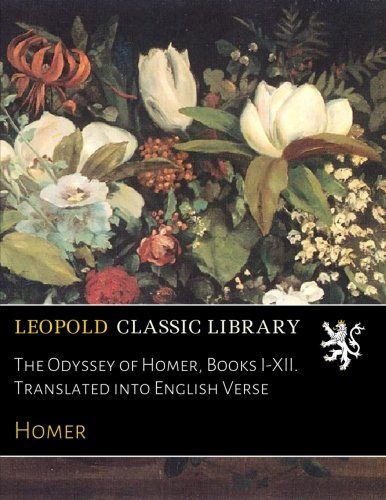
![The Odyssey. Books I-VIII. [London-1903]](/assets/book/151163/57c697ebd05a1/book_cover_b01iajzfti_o.jpg)
